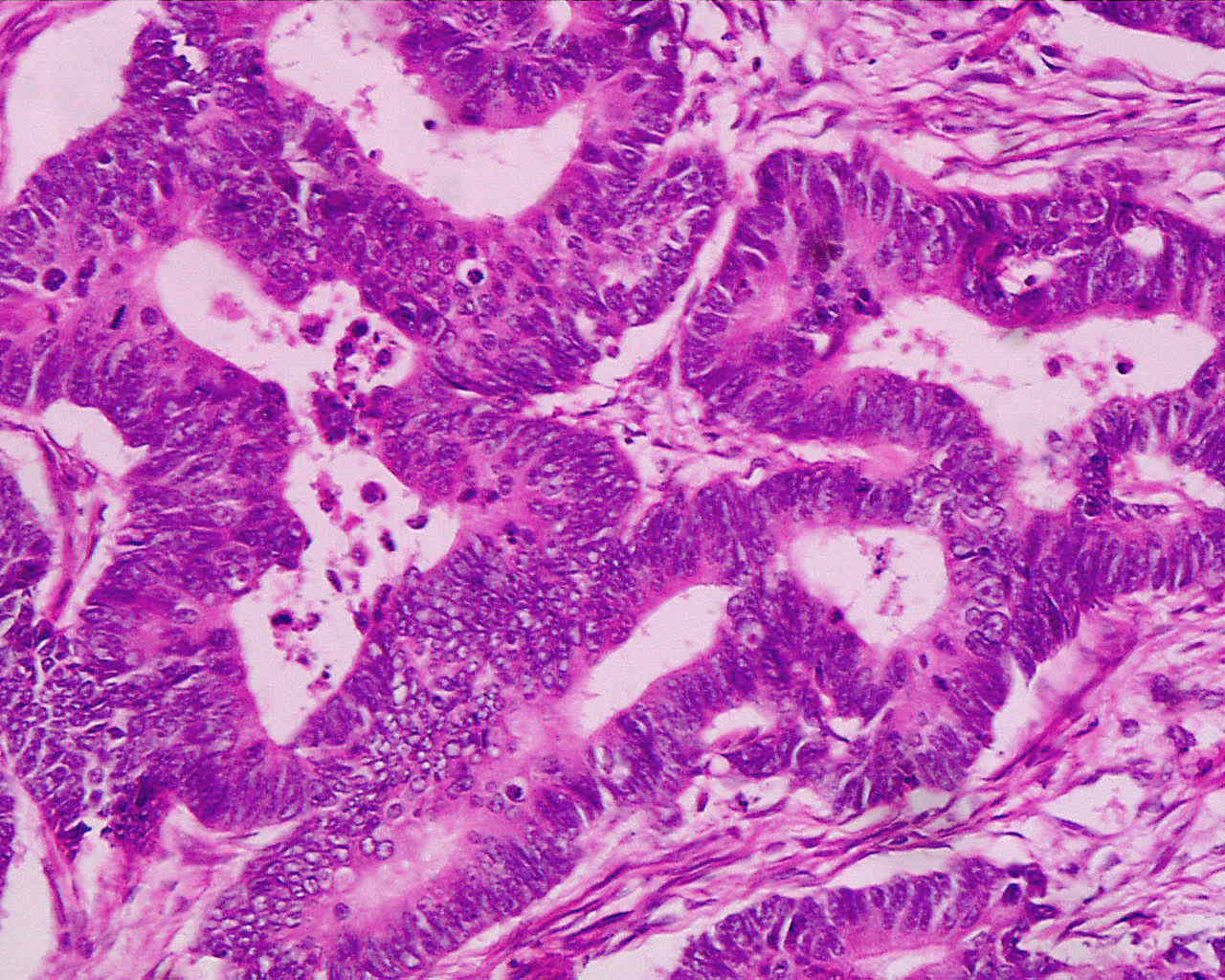
New antibody treatment to be trialled on cancer patients in the UK.
We are very excited with our orphan oncology development strategy and proud of the experienced founding team we have assembled.
Chandler Robinson
An emerging biopharmaceutical company focused on developing orphan oncology compounds which was co-founded by Gates Cambridge Alumnus Chandler Robinson has joined forces with cancer research organisations in the UK to take an experimental antibody treatment into clinical trials with cancer patients.
Monopar Therapeutics LLC has reached an agreement with Cancer Research UK and Cancer Research Technology (CRT) to take forward Monopar’s antibody treatment HuATN-658 into clinical trials in cancer patients with advanced solid tumours. HuATN-658 is an antibody that targets the cell surface protein uPAR, which is found in high levels in some of the most deadly cancers.
Under the agreement, Cancer Research UK’s Centre For Drug Development (CDD) will finance and complete preclinical development of HuATN-658 and conduct a Phase 1 clinical trial in cancer patients. While drug efficacy will be monitored, the trial’s main objective will be to evaluate the safety of the antibody. The trial will be managed and run by the CDD through the Experimental Cancer Medicine Centre (ECMC) network, a UK-wide initiative funded by Cancer Research UK and the UK’s four health departments. Upon completion of the clinical trial, Monopar has the right to acquire the clinical trial data. If Monopar declines the option, CRT may continue the development and commercialisation of HuATN-658 in exchange for a share to Monopar of any future revenue from the drug.
Chandler D. Robinson [2009, pictured] is the co-founder and CEO of Monopar Therapeutics, which is the second company he started after completing his MBA at the University of Cambridge. He said: “This partnership, together with the completion of our first tranche of financing, are important steps in our establishment of Monopar as an emerging oncology therapeutics company. We are very excited with our orphan oncology development strategy and proud of the experienced founding team we have assembled. HuATN-658, our lead compound, was discovered by our Chief Scientific Officer, Dr Andrew Mazar, one of the world’s experts on the uPAR pathway. The development partnership with Cancer Research UK allows Monopar to leverage a strong platform for the clinical advancement of this compound as the group brings long established clinical, regulatory and manufacturing expertise and resources that would be difficult for an emerging company like Monopar to amass quickly.”
Christopher M. Starr, co-founder and former CEO of Raptor Pharmaceuticals and co-founder and Executive Chairman of Monopar Therapeutics, said: “A partnership with Cancer Research UK is a strong first step in Monopar’s pipeline development and validates the potential for HuATN-658 as an oncology therapeutic. Cancer Research UK is recognised globally for having the quality, capability and track record of successfully advancing clinical stage drug development programs. This is an important development milestone for HuATN-658, and we are looking forward to building an exciting pipeline of orphan oncology drug candidates at Monopar.”
Dr Nigel Blackburn, Cancer Research UK’s Director of Drug Development, said: “We’re excited to be working with Monopar Therapeutics to take this promising new treatment a step further on its journey towards the clinic. The collaboration forms part of our Clinical Development Partnerships scheme, which aims to help release promising treatments from drug company pipelines and bring them into early phase trials sooner. Thanks to this, six new treatments are now in clinical trials that may otherwise never have progressed beyond the lab.”
*Picture credit: "Adenocarcinoma highly differentiated (rectum) H&E magn 400x". Licensed under Public Domain via Wikimedia Commons.












